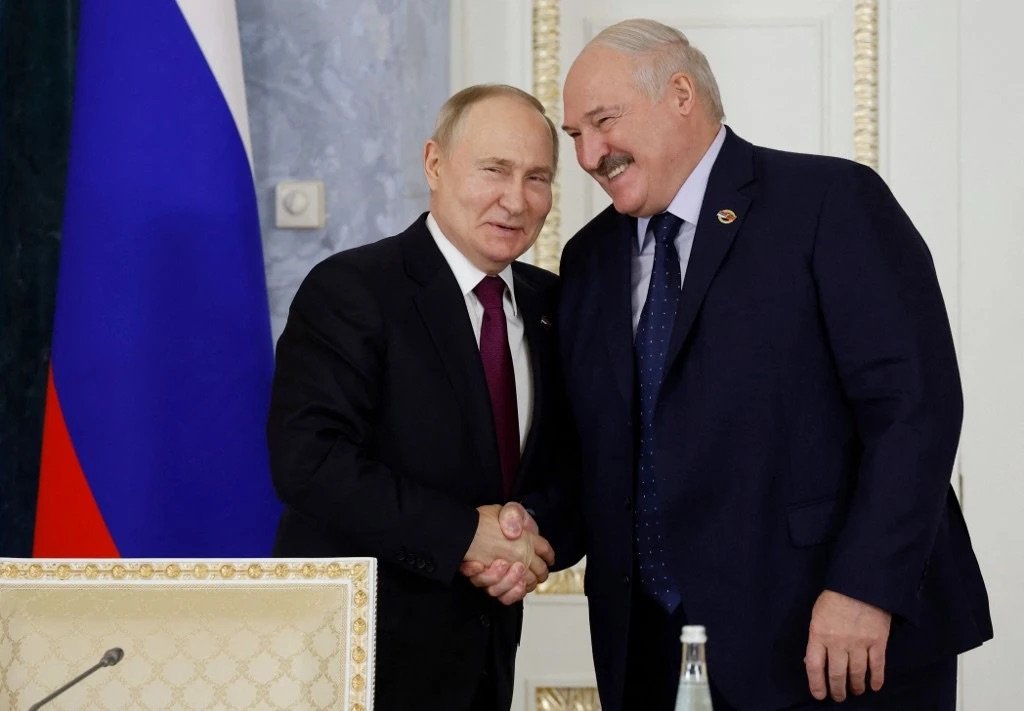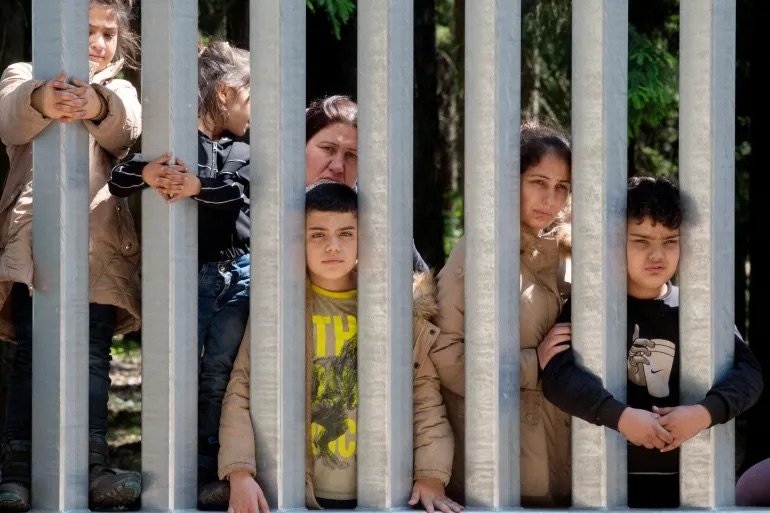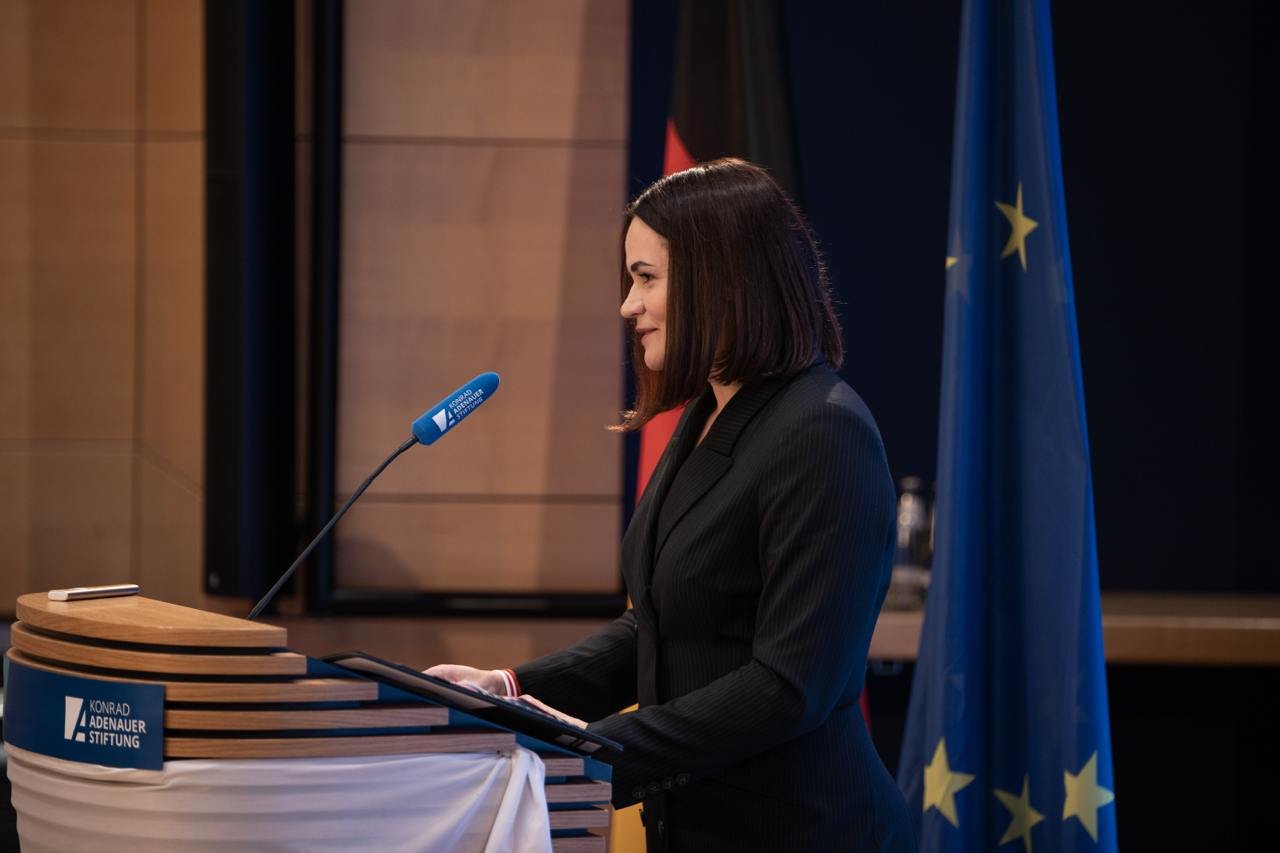Resources
Latest News
Belarus has displaced at least 2,219 Ukrainian children: They re-educate, militarize, and use them in propaganda.
Detained after resisting forced exile in 2020, Kalesnikava became a symbol of defiance and courage. Concerns over her deteriorating health have emerged, as she remains cut off from contact with the outside world, raising alarms among human rights organizations about her well-being and the conditions of her imprisonment.
On September 17, 2020, Marfa Rabkova, a member of the Viasna Human Rights Centre, was arbitrarily detained by Belarusian authorities. Four years later, she remains unlawfully imprisoned. Rabkova, along with Viasna volunteer Andrey Chapiuk—arrested two weeks after her detention—faces charges under multiple articles of the Criminal Code, accused of organizing criminal groups.
Poland plans to temporarily suspend the right to asylum in response to a growing border crisis, which it accuses Belarus and its ally Russia of orchestrating. The move is part of a broader strategy to reduce irregular migration, as tensions with Belarus continue to escalate.
Sviatlana Tsikhanouskaya, leader of the Belarusian democratic movement, began her visit to Berlin by participating in the Belarus Future Forum, which gathered over 130 participants, including European officials and civil society. Tsikhanouskaya emphasized the need for continued international support for Belarus and called on the West not to turn its back on Belarusians, highlighting the plight of political prisoners, the role of Belarus in regional security, and the aspirations of the Belarusian people for a democratic future.
Currently, 167 women political prisoners are detained in Belarus, many separated from their children—some for as long as four years. On Mother's Day, Viasna highlights the stories of these women, shedding light on their suffering and their forced separation from their children.
Send a letter to Marfa Rabkova.
Political prisoners have very little access to the outside world, conversations with lawyers and letters are their only way to communicate.
Sending a letter is a simple and effective way to support Marfa.
The Solidarity Postcards Atelier allows you to submit a letter which will then be translated to Belarusian to be sent to Marfa.









